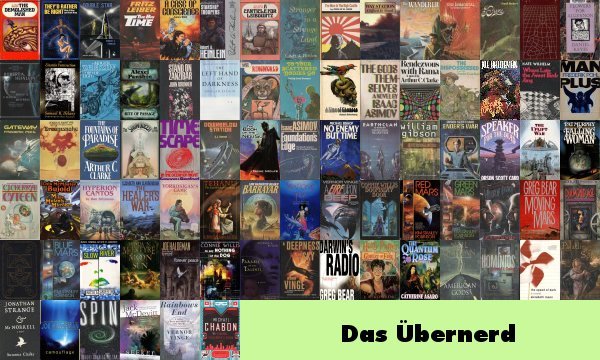1963 Hugo Winner for Best Professional Artist

"The Dragon Masters"
by Jack Vance
"No Truce With Kings"
by Poul Anderson
"Soldier, Ask Not"
by Gordon Dickson
1963, 1964, and 1965 Hugo Winners for Best Short Fiction
This one is going to be a bit different. These three stories were almost interchangeable. All are military science fiction and all feature a mysterious third party that claims to be neutral but is in fact using their advanced technology to affect the outcome. Two of them have some of that advanced technology be Asimov style psychohistory (predicting the course of civilization mathematically). Two of them are in post-apocalyptic settings. It's like the Hugo voters had a very set idea of what they wanted and voted for it over and over again.
"The Dragon Masters" is easily the worst of the three and I found it pretty objectionable. The key concept is that the survivors of humanity on a distant world have captured a few intelligent alien invaders, bred them like dogs into warrior slaves, and use them for their fighting. They also go so far as to use their intestines to make clothes. It's creepy and disturbing and I got the impression that Vance didn't realize the monsters he was making out of humanity. There were some moments that indicated that he might have meant something more (the protagonist justifying it because the aliens breed humans like dogs, too) but the whole thing is so ham handed that I'm left with the impression that Vance was promoting the enslavement of intelligent beings.
Adding to my dislike of "The Dragon Masters" is the fact that the characters are so stereotypical they might as well have been punched out from a mold. The hero is a scholarly man of action who uses his wits to triumph while the villain is a scheming blackheart who might as well twirl his mustache.
Ed Emshwiller
1964 Hugo Winner for Best Professional Artist

"No Truce With Kings" fares better but not by much. The characters on all sides of the conflict are richly drawn and you get the impression that everyone featured are people who are caught up in events outside of their control. Anderson did a fine job in presenting some reasonably detailed military tactics which help drive the novel.
Unfortunately the story is also packed thick with clunky exposition and the prose drove me up the wall. Foot soldiers as a rule should not stop and give a page long explanation of the current political situation in the middle of combat, for example. Also, Anderson somehow claims that feudalism is the political system of choice for freedom. Perhaps if you were a land owner under the Magna Carta but I think most serfs would disagree with that assessment.
John Schoenherr
1965 Hugo Winner for Best Professional Artist

"Soldier, Ask Not" is the best of the three by far. Rather than following someone in the military it follows a supposedly neutral news reporter who is determined to crush the spirit of the people on the losing side of a war. It's not a subtle work by any stretch but I found it interesting that Dickson argues that fanaticism, particularly religious fanaticism, is a vital part of human personality. Such an argument would be inconceivable in modern science fiction; Dickson would be stoned if it was written today. I disagree with that conclusion but Dickson at least makes the argument.
Of the three "Soldier, Ask Not" was the only one I thought was worthwhile. Dickson's story is interesting and all of the characters are fascinating. Anderson has an interesting idea but the prose hampers it badly. "The Dragon Masters" just completely repulsed me. Fortunately the voters got tired of this theme after three very similar stories so next time they picked something very different.
